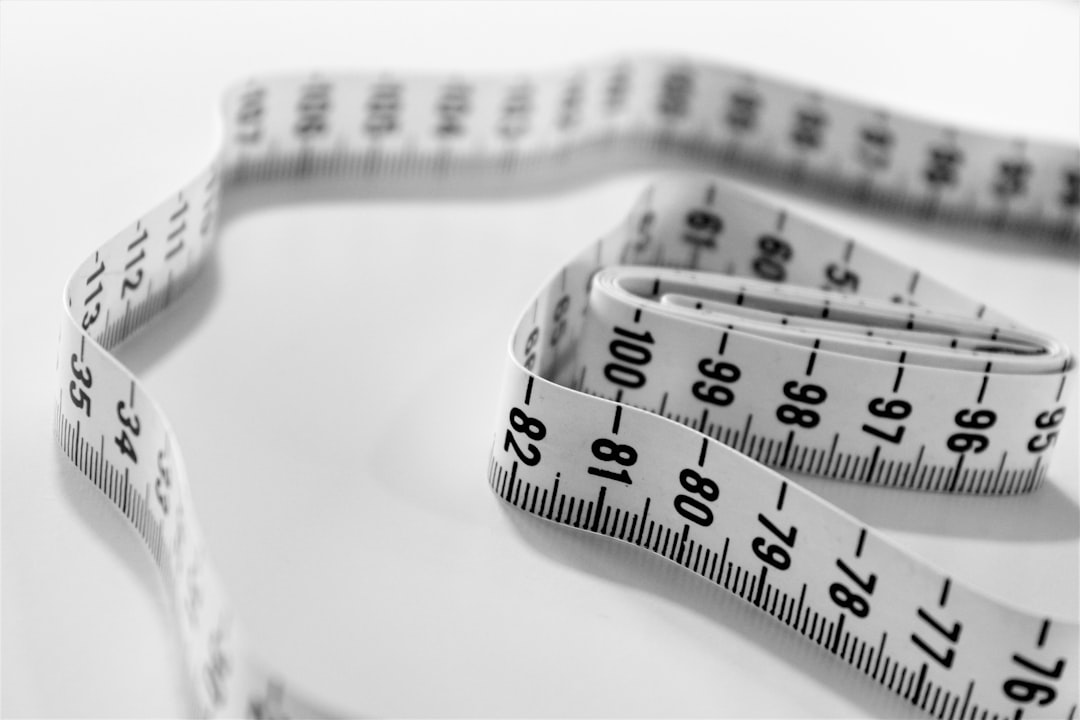 Photo from Unsplash
Photo from Unsplash
Originally Posted On: https://ethicalinc.com/2022/11/10/how-many-carbs-to-lose-weight/
How many carbs to lose weight? The illusion is that if you are on an extreme low carb diet you will lose more weight. But research studies have shown that lowering your macronutrient ratio to low levels will not make you lose any more weight than someone who consumes the average amount of carbs, fats, or proteins.
The Dietary Guideline for Americans recommends that your carbs intake should be about 45 to 65% of your daily calories. According to the FDA, (Federal Drug Administration) the daily value for carbs is 300 grams per day when eating 2000 calories daily.
Losing weight will always come down to how many calories you are consuming per day as opposed to how many carbs you are consuming per day. The biggest myth in weight loss is that carbs lead to fat gain whereas the reality is eating too much bad food leads to weight and fat gain.
How many carbs to lose weight?
When trying to lose weight try experimenting reducing or increasing your calories. Your macronutrients ratio such as your carbs, proteins and fats are a good way to find out what is the best ratio for you. And your daily calorie intake and being in a caloric deficit will help you figure out how much weight you can lose. The only way to lose one to two pounds per week is to be in a 500 calorie a day deficit.
As a nutrition expert who has created diet programs for many people, I always say to start off with a moderate carb intake and then adjust as you go from there. A moderate carb intake is 100 to 150 grams per day. If you are a healthy active person this is a good starting range to go with.
Some of the carbs you can eat are:
- Vegetables
- Fruits
- Healthy starches such as potatoes, sweet potatoes, brown rice, oatmeal.
There are my fad diet programs that suggest that eating 20 to 50 grams of carbs per day will make you lose the most weight. Most of the research studies out there just don’t back that up. It will always come down to the amount of calories vs the amount of carbs. To lose weight you need to be in a caloric deficit, it is really that simple.
Most people that are in that 20 to 50 grams per day range which would put you in ketosis are sluggish, tired, low energy, fatigue, lack of concentration, etc. Some research studies show that low carb diets help to raise good cholesterol levels and improve bad cholesterol levels.
People that carry more muscle mass and are more physically active can tolerate and handle more carbs in their body than the sedentary person. When people develop diseases like type 2 diabetes, obesity, and metabolic syndrome then a doctor will advise that the patient cut their carbs or be on a low carbs diet.
Balance in how you eat is always the best approach to weight loss as opposed to being on a low carb diet.
Those types of foods that you will never go wrong that encourages balance is:
- Fish
- Lean meats
- Fruits
- Vegetables
- Eggs
- Avocado
- Healthy fats like peanut butter, unsalted almonds or cashews, vegetables oils like olive, canola, sunflower, soy, corn, etc.
The Bottom Line is the amount of carbs you consume daily will not necessarily dictate the amount of weight you will lose. The number of calories and the quality of calories will dictate the amount of weight loss you can achieve. Being in a caloric deficit will dictate the amount of weight you can lose.
“Research studies have shown that lowering your macronutrient ratio to low levels will not make you lose any more weight than someone who consumes the average amount of carbs, fats, or proteins.”- Celebrity Fitness & Nutrition Expert Obi Obadike
If you have any interest in trying any of our Ethical Supplement products to help you heighten your immune system or assist you with your fitness, weight loss or health goals. You can go to https://offer.ethicalinc.com/suppressant-offer/
References
- Wylie-Rosett J, Aebersold K, Conlon B, Isasi CR, Ostrovsky NW. Health effects of low-carbohydrate diets: where should new research go? Curr Diab Rep. 2013 Apr;13(2):271-8. doi: 10.1007/s11892-012-0357-5. PMID: 23266565; PMCID: PMC3595318.
- Hu T, Mills KT, Yao L, Demanelis K, Eloustaz M, Yancy WS Jr, Kelly TN, He J, Bazzano LA. Effects of low-carbohydrate diets versus low-fat diets on metabolic risk factors: a meta-analysis of randomized controlled clinical trials. Am J Epidemiol. 2012 Oct 1;176 Suppl 7(Suppl 7):S44-54. doi: 10.1093/aje/kws264. PMID: 23035144; PMCID: PMC3530364.
- Hu T, Yao L, Reynolds K, Niu T, Li S, Whelton P, He J, Bazzano L. The effects of a low-carbohydrate diet on appetite: A randomized controlled trial. Nutr Metab Cardiovasc Dis. 2016 Jun;26(6):476-88. doi: 10.1016/j.numecd.2015.11.011. Epub 2015 Dec 12. PMID: 26803589; PMCID: PMC4873405.
- Dietary Guidelines For Americans- https://health.gov/sites/default/files/2019-09/2015-2020_Dietary_Guidelines.pdf




